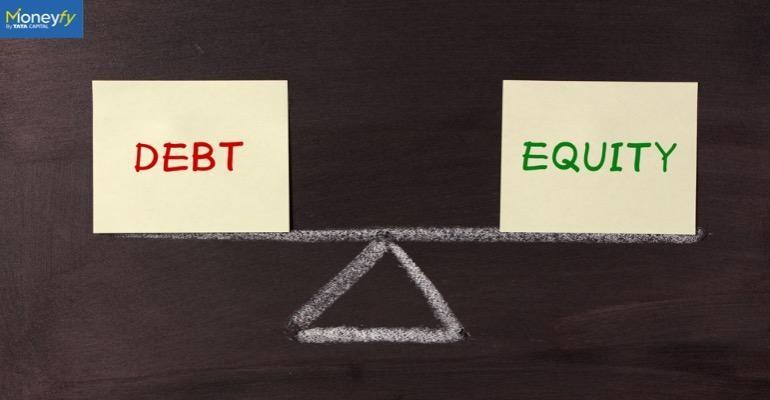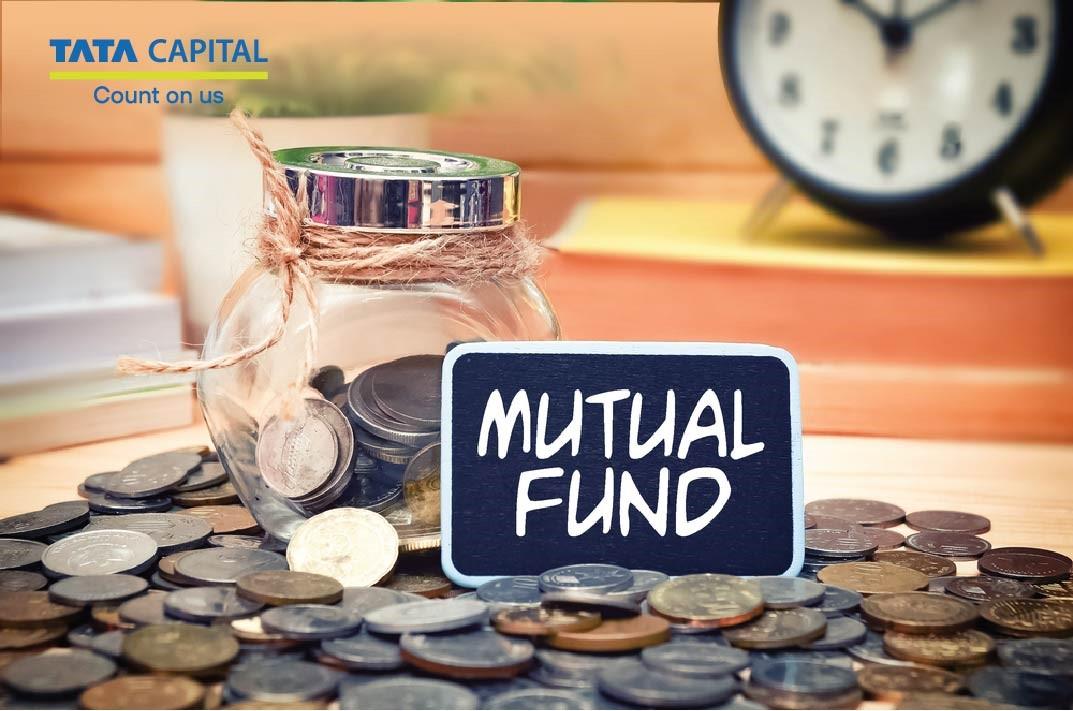Debt is a common reality in modern life, and most individuals have encountered it at some point. Managing finances can be challenging, especially when faced with high-interest credit cards or loans. Debt settlement is a commonly sought-after solution for those who find themselves struggling with debt. But, what exactly is debt settlement and how does it work?
The purpose of this blog is to provide a comprehensive overview of debt settlement, including its definition, mechanics, advantages, and risks. Whether one is contemplating debt settlement as a means of regaining financial stability or is simply curious about the process, this blog will serve as an excellent resource. By examining debt settlement in-depth, readers will gain the knowledge necessary to make an informed decision. So, without further ado, let's delve into the world of debt settlement!
Debt Settlement How it Works?
When borrowers face financial difficulties and find themselves unable to repay their loans, they may negotiate with their lenders to settle the debt instead of having it declared as a non-performing asset (NPA).
Debt settlement involves negotiating with the creditor for a single payment that is less than the total amount owed. Lenders may agree to this as it is better to recover something than nothing at all.
However, not all borrowers are eligible for debt settlement, and lenders only extend this option to those who are genuinely unable to repay the loan. To handle the negotiations on behalf of borrowers, debt settlement companies in India offer debt settlement services. These companies negotiate with creditors to settle or reduce overall debt obligations.
It is important to keep in mind that these services come at a cost, often a percentage of the total amount to be settled in debt.
Advantages of Repayment Through Debt Settlement
- Avoiding Default: Defaulting on a loan can result in severe consequences such as damage to credit score, legal action, and asset seizure by the lender. Debt settlement can help borrowers avoid defaulting and its associated consequences, enabling them to manage their debt repayment.
- Lowering Loan Payments: For those who are struggling to make their loan payments, debt settlement can offer a solution by reducing their payments, thereby making them more affordable. This can help borrowers manage their financial situation and make their repayment of debt less burdensome.
- Eliminating Debt: When borrowers are unable to repay their loans, debt settlement can provide a way out of debt, allowing them to improve their financial situation.
Disadvantages of Debt Settlement
More Debt Than Before: Many debt settlement companies suggest stopping payments on current debts while they negotiate with lenders. This process often takes a lot of time, during which borrowers keep accruing interest and late fees.
Creditors May Not Negotiate: There is no guarantee that debt settlement companies will be able to reach a settlement with creditors. In some cases, creditors may refuse to negotiate with debt settlement companies altogether.
Potential Scams: The debt settlement industry is prone to several scams, phishing, and untrustworthy companies.
Negative Impact on Credit Score: When individuals get their debts or loans settled, it negatively effects their credit scores. This can make it harder to get loans approved, and attract higher interest rates on them.
Debt Settlement Risks
Debt settlement can have several consequences that individuals should consider before pursuing this option. Here are some things to keep in mind:
- Adverse Effect on Credit Score: If a credit card account is delinquent and payments are diverted toward a settlement, it may lead to default. Debt settlement can adversely affect credit scores and credit reports. Having poor credit scores can make it difficult to apply for a new loan, and banks may consider individuals as defaulters.
For instance, opting for credit card debt settlement implies poor debt management and can have adverse effects on one's credit score, which will be reflected in their credit report. Moreover, restoring the credit score after a significant setback can take a considerable amount of time.
- Accrual of Penalties and Interest: When opting for debt settlement, individuals may be subjected to high-interest rates, and interest may continue to rise on their outstanding debt.
- Fees For Debt Settlement: Many companies charge substantial fees for settling debts with creditors, which can lead to scams and fraud.
Depending on the debt balance, individuals can enrol in a company that negotiates with creditors without taking cash upfront. Until a settlement letter is received from creditors, individuals should not pay any amount. After receiving the letter, they can pay the amount directly to the creditor. Some companies charge a percentage based on the balance when individuals enrol for the program.
- Additional Fees: Apart from the basic fees paid for settlement, individuals may face other fees, such as a setup and monthly fee to maintain a debt settlement account under the program.
Conclusion
In conclusion, debt settlement can be a lifesaver for those struggling to make ends meet. By negotiating with creditors to settle debts for a fraction of what's owed, debt settlement companies can help individuals get out of debt and avoid bankruptcy.
While there are some downsides, such as a hit on one's credit score, the benefits can be significant. With a little research and a lot of determination, anyone can take control of their finances and work towards a debt-free future.
Looking for a reliable way to fund one's dreams? Look no further than Tata Capital Personal Loans! Whether it's financing a wedding, taking a dream vacation, or renovating a home, they offer quick and hassle-free loans to help one achieve their goals. With competitive interest rates, flexible repayment options, and a simple application process, Tata Capital Personal Loans are the perfect solution for all financial needs. Apply now and make dreams a reality!
FAQs
What is the risk of gilt debt funds?
Gilt debt funds are at risk of having very high interest rates. This could have an impact on the returns they earn. However, they are generally considered to have low-credit risk, since they lend to the government.
Who should invest in gilt funds?
Gilt funds are an attractive option for investors looking for short-term investment horizons. They typically are also stable and provide predictable returns. Because of this, they also suit risk-averse investors, those looking for diversification.
Is investing in gilt funds safe?
Yes, investing in gilt funds is usually considered safe. They primarily invest in government securities which are some of the safest debt instruments in the country. They also don’t carry credit risk.
Is it time to invest in gilt funds?
Investors usually choose to invest in gilt funds during times of economic instability, stock market volatility, or unpredictability. Since they invest in government securities, they are reliable and safe options for short-term investment horizons.
Popular Searches
Learn Center
Mutual Fund Investment
Calculators
 6 mins read
6 mins read
 Previous Post
Previous Post
















